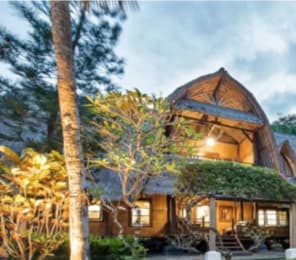The state has announced more restrictions will be lifted from 14 December as it notched up its eighth day with no new COVID-19 cases.
There are now no active cases in South Australia, the news prompting Premier Steven Marshall to relax a range of restrictions from next Monday.
Restrictions on visitors to aged care homes will be lifted, but masks will remain mandatory for residential, home care and allied health service until 23 December.
50 people will now be allowed at home gatherings, while the numbers for weddings and funerals will increase to 200 and stand-up drinking will be allowed at pubs.
The state has also joined Victoria in reopening its hotel quarantine program after a three-week ban on international flights following the Parafield COVID cluster in Adelaide’s north.
All COVID positive travellers will be housed on two specialist floors of the Pullman Hotel after earlier plans to move travellers to a former hospital was dumped because of inadequate ventilation.
Meanwhile, NSW reported zero new local cases, but six infections in hotel quarantine.
Queensland also recorded six new cases among overseas travellers.
Victoria has continued its 39-day streak of no community cases; however, one suspected positive case was identified on Monday among the first international travellers to arrive as part of its revamped hotel quarantine program.
The person was transferred to South Wharf’s Novotel hotel, which is being used as a “hot hotel” for complex medical cases.
Cruise ship – and international border – ban to stay after Ruby Princess cluster
Perhaps unsurprisingly, Health Minister Greg Hunt revealed that Australia’s cruise ship ban has been extended by three months to 17 March 2021, along with the international border ban.
The ban came into effect after passengers on the Ruby Princess reported feeling ill before being allowed to disembark in Sydney in March – leading to 800 COVID-19 cases and 28 deaths, making it the country’s largest coronavirus hotspot before the Victorian second wave.
The ban – which has cost the industry an estimated $2 billion so far – had been due to lift on 17 December – but Minister Hunt said in a release:
“The recommendation from Government to the Governor General to extend the emergency period was informed by specialist medical and epidemiological advice provided by the Australian Health Protection Principal Committee (AHPPC) and Commonwealth Chief Medical Officer.”
“The AHPPC has advised the international COVID-19 situation continues to pose an unacceptable public health risk. The extension of the emergency period for a further three months is an appropriate response to that risk.”
The extension of the emergency period also means international borders will remain shut until at least March.










